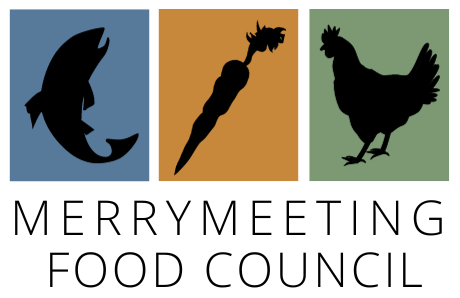Flexibility is the name of the game:
Soup Kitchen To Go Meals - We have had to close our dining room to guests and with it the scores of volunteers serving 100 plus daily meals. We have transitioned to a to-go meal. All food is packaged into containers and in a grab and go model which can be picked up outside our building during our normal hours.
Food Pantry No Touch Drive Through - Our food pantry has converted to a drive-through style service. Premade boxes are placed into the trunk of a vehicle. We also removed some key restrictions to make our Pantry even lower barrier. Currently close to half of the guests going through our pantry are new clients. We have removed a restriction related to our coverage area, anyone can visit our pantry now, and we are not requiring paperwork from new clients. Lastly, we allow pickup for multiple households by one person so high-risk individuals can stay home and still receive food.
Expanded Mobile Pantries - We are continuing to serve Lisbon uninterrupted and have increased our Mobile Pantries to Harpswell from once a month to four times a month. Mirroring our on-site Food Pantry we are also using the drive-through model for Mobile Pantries.
School Pantry Increase - With school closures School Pantry has shifted its distributions. We are working directly with districts’ nutrition services to deliver food boxes along with breakfast and lunch. Weekly we distribute roughly 550 boxes of 10 - 15 meals in each box across five districts. School Pantry has seen a dramatic increase in food distributed. We suspect that it is serving many of the families that need food but are not visiting our Food Pantry. Pre-pandemic this program was serving roughly 4,000 meals a month. Last month it served over 100,000 meals.
Food Security Coalition Building Capacity – FSC facilitates resource sharing between food pantries in the midcoast area. Since the crisis began the Coalition has led by maintaining a listing of pantry hours for North Cumberland, Lincoln, and Sagadahoc Counties. They continue to hold regular zoom meetings with stakeholders to maintain everyone’s place at the table. FSC secured and distributed garden seeds to pantries to assist with food security over this growing season. Lastly FSC has worked closely with our food bank to increase food sharing with regional pantries. Since the start of the crisis, our agency has shared tens of thousands of pounds to those pantries. If you would like more information please reach out to Sandi Konta by emailing her at skonta@mchpp.org.
Crises often catalyze the good and bad of communities. In short, we are surrounded by neighbors of incredible character. What could have been an unmitigated disaster is turning into a story of distanced solidarity. We still have a long way to go and we won’t make it without support. You can keep up with us on Facebook or make a donation on our website. MCHPP doesn't exist without our community; without people sharing food, ideas, labor, and good will. We hope everyone is staying safe in this trying time.













